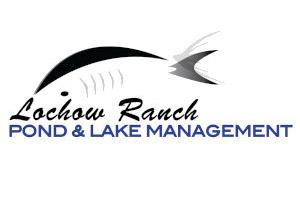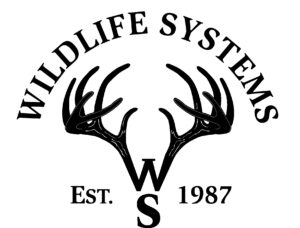Fisheries Technician 2- Fisheries Statistics Intern
Pacific States Marine Fisheries Commission (Federal) | https://www.psmfc.org/
Details
Application Deadline:
06/08/2025
Published:
06/03/2025
Starting Date:
after 6/23/2025
Hours per Week:
36 - 40
Salary:
$21.61 to $31.23 per hour
Education Required:
High School Diploma
Experience Required:
at least 1 year
Description
Position/Project Specifics:
Pacific States Marine Fisheries Commission is seeking highly motivated individuals to assist the U.S. Geological Survey as a Fishery Biologist at the Western Fisheries Research Center (WFRC), Columbia River Research Laboratory. We are seeking a quantitatively minded individual to assist WFRC's Quantitative Ecology Team with a wide diversity of quantitative analyses.
The incumbent will develop a repository through Gitlab and hosted at code.usgs.gov containing functions, documentation and examples to fit Cormack-Jolly-Seber models and Multistate Mark-Recapture models conditioned on an initial release of one or more groups of tagged migratory fish. The Stan code will be developed so that a user can flexibly specify the number of capture-occasion and the structure on survival, detection (e.g. log-log or logit link relationships with covariates) and transition matrices (e.g. random simplexes, log-normal and log-logistic informed simplexes) in R. Employee will apply multistate mark-recapture models to spring-summer Chinook salmon and Steelhead released above Lower Granite Dam under the Comparative Survival Study treating week of passage as a “state” and estimating survival and detection on a weekly basis from Lower Granite through Bonneville Dam.
The incumbent will develop a repository through Gitlab and hosted at code.usgs.gov containing functions, documentation and examples to fit Cormack-Jolly-Seber models and Multistate Mark-Recapture models conditioned on an initial release of one or more groups of tagged migratory fish. The Stan code will be developed so that a user can flexibly specify the number of capture-occasion and the structure on survival, detection (e.g. log-log or logit link relationships with covariates) and transition matrices (e.g. random simplexes, log-normal and log-logistic informed simplexes) in R. Employee will apply multistate mark-recapture models to spring-summer Chinook salmon and Steelhead released above Lower Granite Dam under the Comparative Survival Study treating week of passage as a “state” and estimating survival and detection on a weekly basis from Lower Granite through Bonneville Dam.
Essential Functions:
- Lead and participate in survey crews that conduct stream assessments and habitat surveys. May include stream habitat inventories (channel typing, habitat typing, woody debris, etc.), road inventories, and riparian inventories.
- Update database by entering, checking, and/or editing biological or habitat data that has been inputted on field forms, electronic data loggers, and/or desktop computers. Maintain, organize and provide access to databases.
- Write memoranda and short reports for transfer of data. Produce summaries including corrections. Produce presentation quality tables and graphs of data.
Knowledge Required by the Position:
- Knowledge of aquatic habitats.
- Knowledge of the scientific method.
- Knowledge of sampling protocols.
- Knowledge of personal computer applications such as word processing, spreadsheets, e-mail, publishing software, presentation software, database software, topographic software, bibliographic software, and statistical analysis packages.
- Knowledge of technical writing protocols.
- Knowledge of basic math.
Employees have the knowledge to resolve common technical or procedural problems for themselves or their work crew. They are able to assess or interpret the significance of their results and relate that to the overall objective of the project. They have the knowledge to outline, organize and execute the details of projects where unusual or irregular procedural or technical problems arise.
Additional Mandatory Skills:
- Compile and collect neat and accurate data
- Valid driver's license
- Oral communication
- Written communication
Physical Demands:
The work requires physical exertion such as bending, crouching, stooping, stretching, reaching, climbing ladders, or similar activities. The incumbent should be able to lift up to 40 pounds. Additionally, the work requires above average manual dexterity and coordination, necessary to perform common laboratory techniques and safely negotiate wet floors.
Work Environment:
A portion of the work is performed in an office setting with adequate lighting, heating and ventilation. The majority is performed in Work is based at the Western Fisheries Research Center, Columbia River Research Laboratory located at the Corvallis, OR duty station. The incumbent is primarily office based, but travel for meetings is expected. The office is adequately lighted, heated, and ventilated. Occasional field work to support other teams may be required. Temperature and weather extremes and field work at night (on boats at times) may be encountered in the performance of outdoor work. Field and laboratory duties may require the use of special protective gear. The incumbent is expected to conduct duties in a safe and orderly manner so as not to endanger self, fellow coworkers, or property with which entrusted.
Contact
Recruitment
recruit@psmfc.org (preferred contact method)






